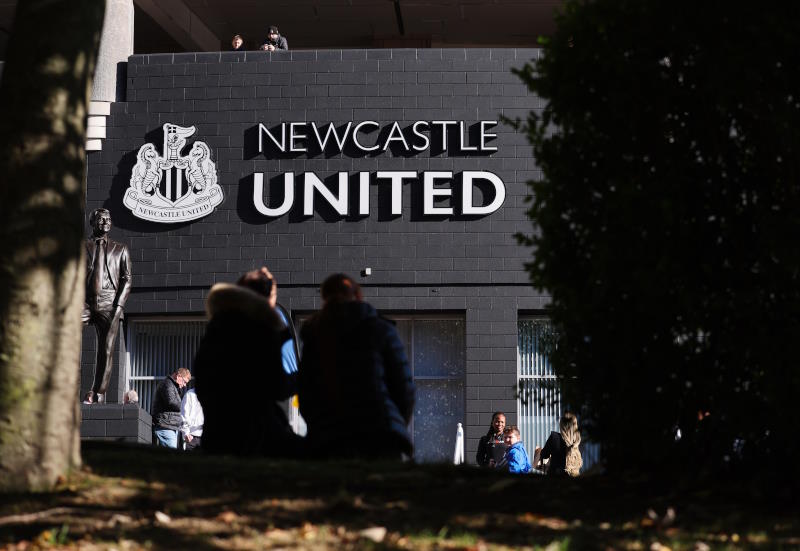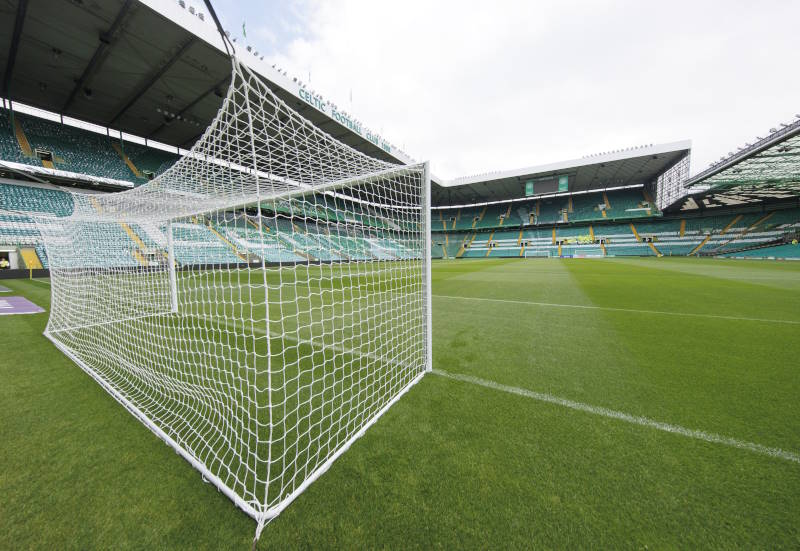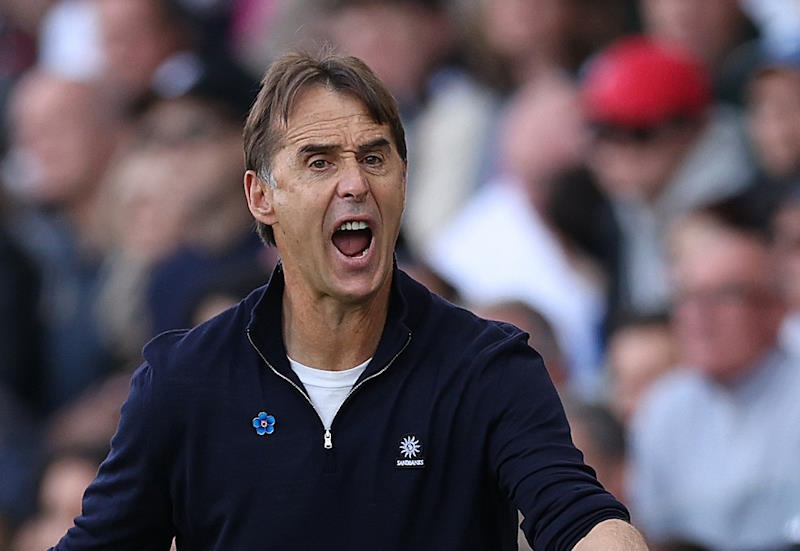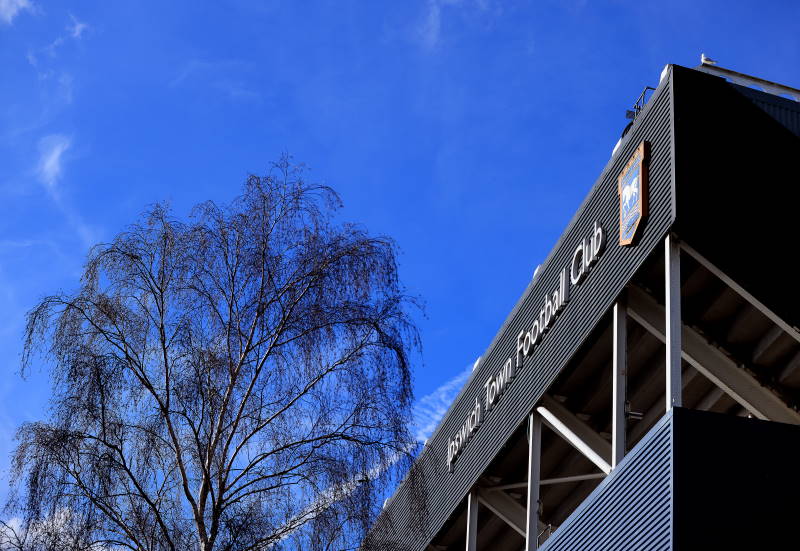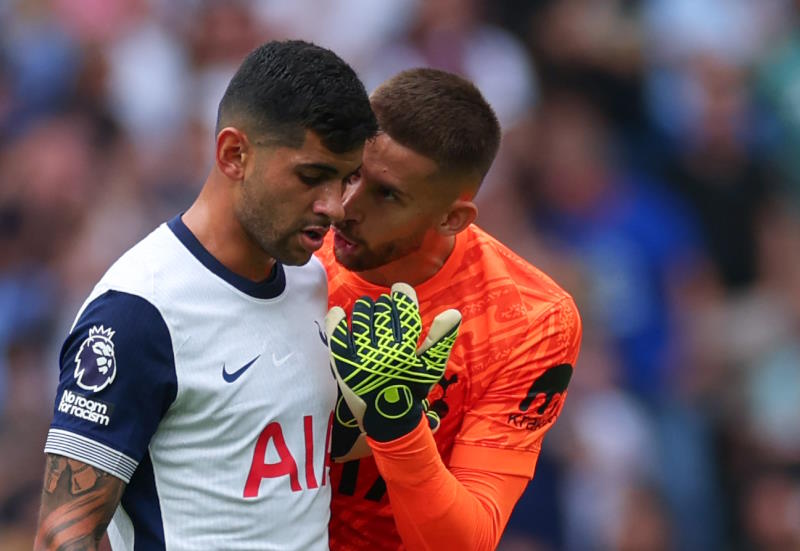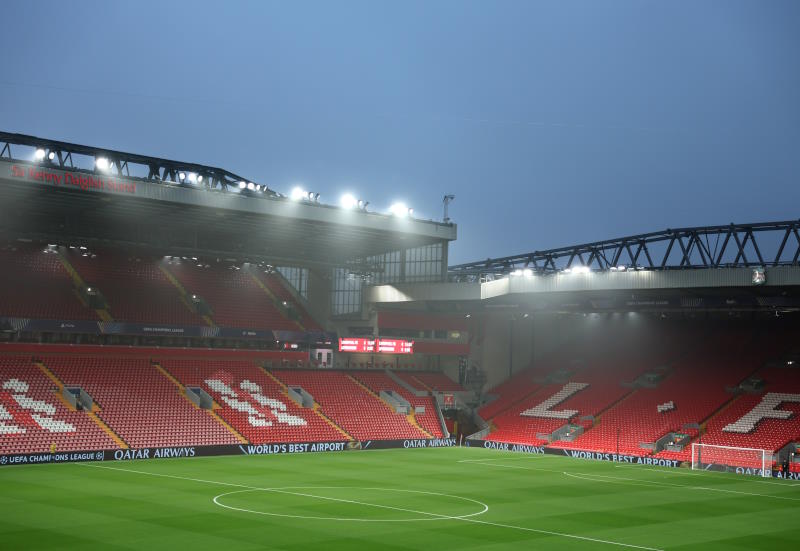
Andreas Ambarchian
While Liverpool striker Luis Suarez does not always cover himself in glory with his theatrics during matches, the vilification of the Uruguayan by sections of the English media does not just highlight his shortcomings, it highlights the shortcoming of English football too: an incapacity and unwillingness to adapt.
It is a failure to change that has hindered the national team throughout its history, and one that leaves England still more comfortable with the physical side of football at a time when the game seems to be heading further and further towards technical mastery and the subtle comprehension of tactics.
These, however, are aspects of the game that have often been neglected in the English football curriculum. In fact, skill and intelligence have historically been regarded with suspicion.
A muddy Hamilton Crescent pitch in Glasgow in 1872 was the stage for the world’s first ever international match, when England, the game’s inventors, travelled to face up against apprentices Scotland.
The confident visitors proposed to win the match with their finely honed method of bludgeoning opponents. Passing the ball was seen as the skullduggery of the physically inferior.
However, England did not win the game. In fact contemporary commentators noted that the smaller Scotland side were the better team, passing their way around their confused opponents to earn a 0-0 draw.
England’s steadfast view on how the game should be played then saw the team miss the first three World Cups. The English Football Association refused the invites extended to them to participate in the tournaments as they disputed FIFA’s plans to pay the players at a time when football in England was considered an exclusively amateur pursuit.
Playing in the World Cup seemed of little consequence to England anyway, as the team could consider themselves the veritable champions of the world in 1934 after beating de facto titlists Italy 3-2 at Highbury.
While other nations advanced however, England, who had done more than anyone to distribute the game worldwide, stagnated, and the team were given a stark reality check in 1953, when Hungary handed the national side their first ever home defeat, a 6-3 thrashing at Wembley. It was a portentous victory that foretold the falling of England as world leaders in football. The following leg saw Walter Winterbottom’s men hammered 7-1 by their hosts.
England won the World Cup on home soil in 1966 with a functional side. However, this functionality saw English football hit a nadir in the 1980s when the FA installed Charles Hughes as Director of Education and Coaching.
Hughes wielded his influence, and questionable research sample, to implement an analytical model that expounded the goalscoring virtues of both aimless long balls and shots taken for the sake of shooting.
Hughes also theorised that moves involving more than three passes were superfluous. He reached his conclusions despite conducting his research during a time when the 1970 Brazil side were dominating world football.
English football’s failure to keep up with other major nations in the game can still be seen now in the reaction to Suarez’s tendency to go to ground easily. While the levels of vitriol towards the talented Uruguayan may be intensified because of his tendency to attract negative press attention in England, and his self-earned part in the current anti-racism crackdown, it does demonstrate the rejection of an ostensibly imported offence as opposed to a home grown one.
Tony Pulis, the manager of Premier League side Stoke, feels that simulation is a transgression worthy of a retrospective ban, an action normally reserved only for a red card offence such as striking an opponent. Conversely, a strong challenge is often met with cheers from the stands in England, even if it is deemed by the referee to have been made with excessive force. Both actions break the rules, yet one is seen as underhand, the other is viewed as a vital part of the game.
Real Madrid midfielder Xabi Alonso, one of the most successful imports to the Premier League during his time at Liverpool, has highlighted the difference in footballing philosophies between his native Spain and England: “Tackling is a last resort and you will need it, but it isn’t a quality to aspire to.”
It is an attitude shared by the other nations that currently lead world football, with Italy and Argentina both playing highly technical and tactical forms of the game. Meanwhile, the former bastion of the beautiful game, Brazil, have abandoned their search for players with outstanding physical attributes to revert to producing the lithe, agile players of the past.
This is not to say that physical football is bad; the English Premier League is known globally for its tough tackling which helps to make it one of the most compelling and popular competitions in the world. Nor does it mean that outright diving is right.
However, to fit in with the trends of world football, English football must accept that going to ground easily is a growing part of the game. According to the laws set out by FIFA, contact does not necessarily have to be made for a tackle to be deemed a foul, a mere attempt to kick or trip another player can be penalised.
This leaves a tackle, or a dive, open to interpretation and, similar to a niggly tackle, going to ground easily can be useful tool during a match, as displayed to great effect by Didier Drogba during the first leg of the 2012 Champions League semi-final at the Camp Nou between Barcelona and Chelsea.
The powerful Ivorian produced a performance against the reigning champions that was as noteworthy for his theatrics as it was his goal. However, his playacting broke up the game and did not allow Barcelona to get into a rhythm. While referees continue to indulge this sort of behaviour, not to follow suit would be self-righteous and self-destructive.
England have adapted in the past (they pass the ball, they participate in World Cups and the philosophies implemented by Hughes have been phased out) and the signs are that they are adapting again.
An intrinsic change from the grassroots level has seen more young players wanting to emulate Cristiano Ronaldo rather than legendary former Chelsea defender Ron “Chopper” Harris, with a greater number of players emerging from youth academies that more closely resemble tricky wingers like Sunderland’s Adam Johnson rather than his tough-tackling team-mate Lee Cattermole, and, although aggressive, even the latter can play football.
Even the historically blinkered FA cannot see past the fact that the Barcelona and Spanish model of technical and intelligent football has brought club and country huge success. While the opening of the Three Lions’ new base St. George’s Park means that England are now up to speed with other major footballing countries in Europe in terms of having a national football centre. Moreover, when appointing the last England manager, the FA picked the more tactically astute Roy Hodgson over the more man management-based Harry Redknapp.
The grip England had on football is loosening all the time, and it finally appears that this is being accepted by the early pioneers of the game, although the FA do seem to be asserting their hold on the morality of football with their hard line on racism.
To reassert themselves on the pitch, England need to be more responsive to future changes in the world game, which may mean following and learning from others for a time; even Luis Suarez.

